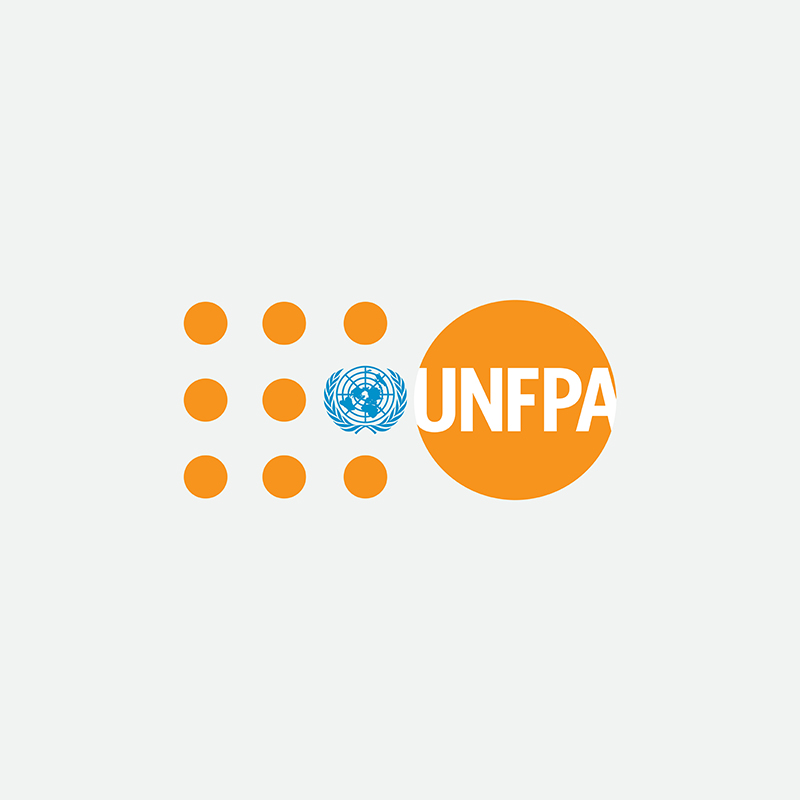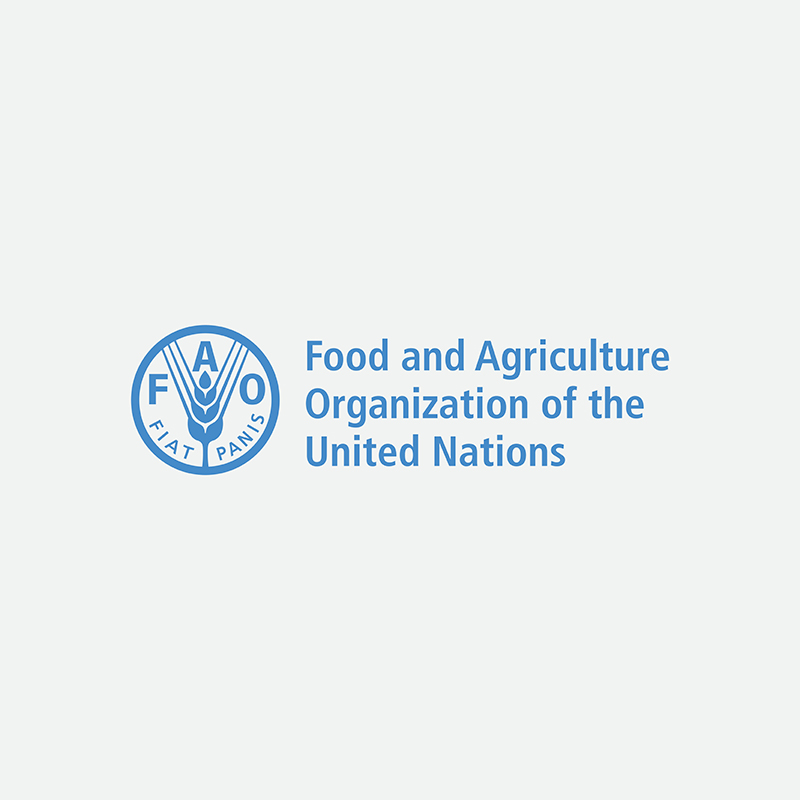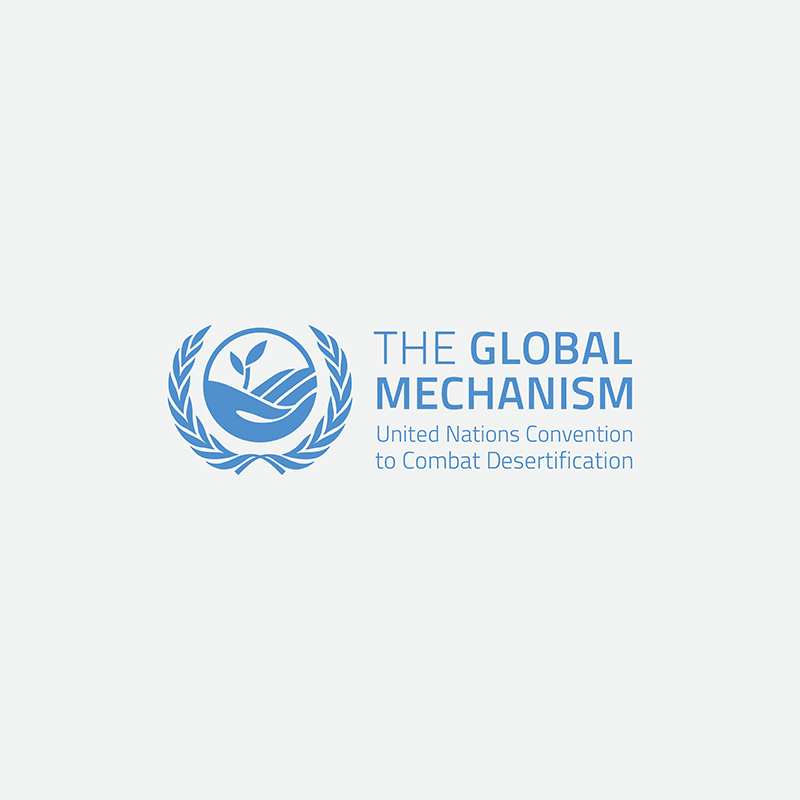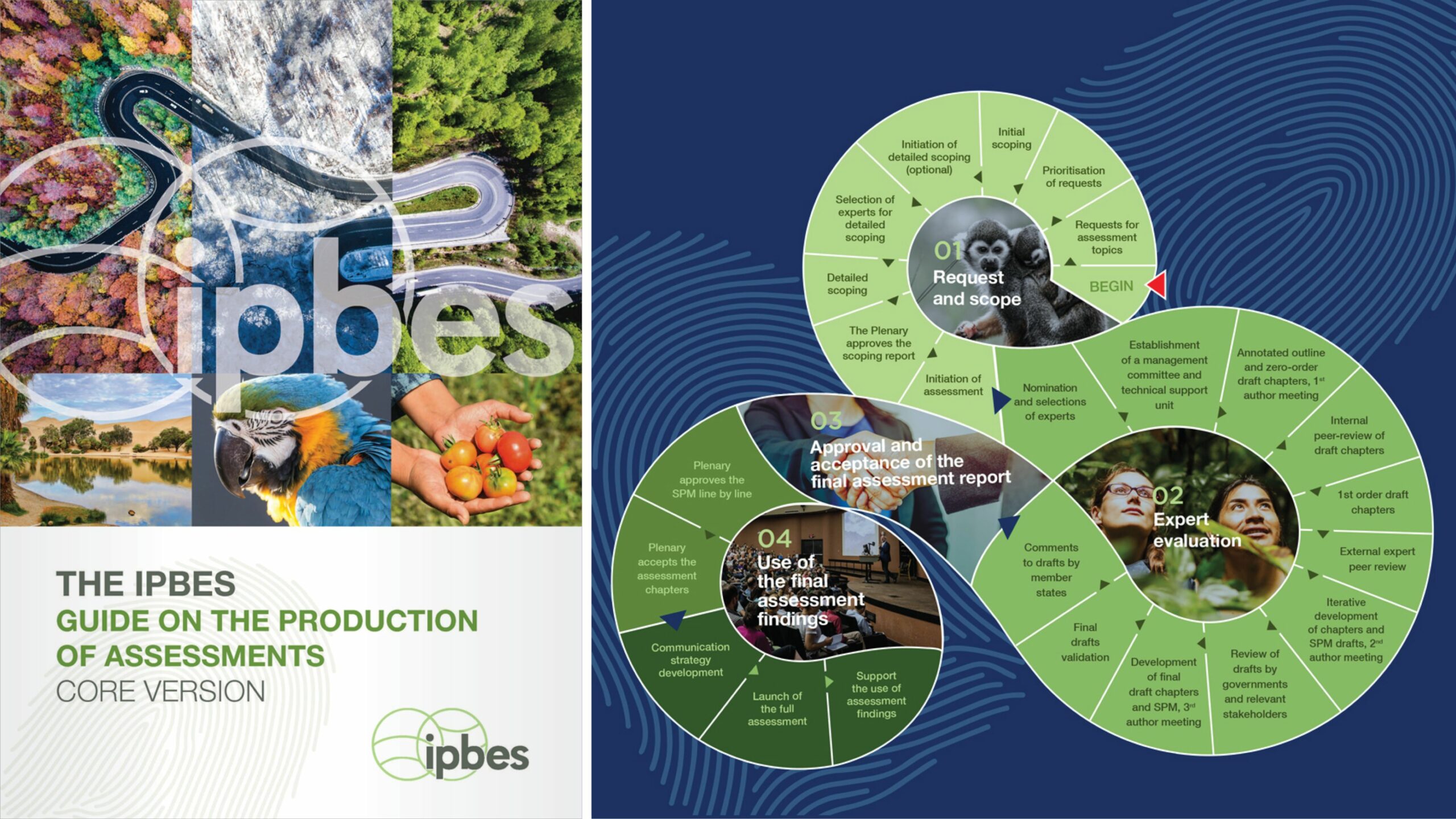
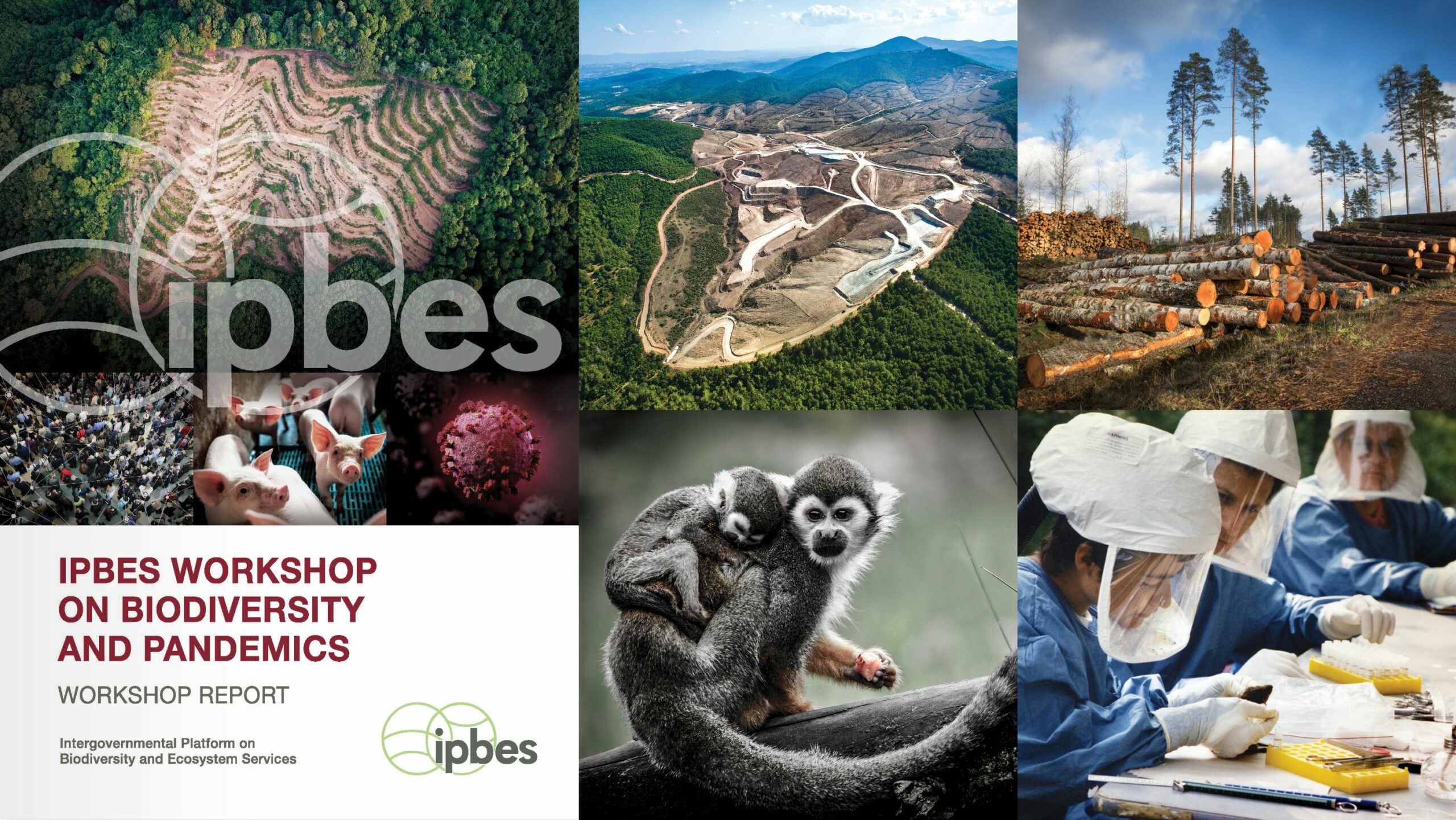
Services
Strategy
Visual identity
Videos
Reports
Events collateral
QUO recently completed a number of videos for the launch of the Global Assessment report. These included animated videos for social media, and high-quality images and video clips to be used to present the report’s findings. Global response to the assessment was overwhelming, with support from multiple governments, UN agencies and experts in the field. The social media response was exceptionally strong, with one of QUO’s animated videos accruing just under 500,000 views on Twitter alone within the space of two days through multiple uploads and shares from various organisations and actors around the world.
